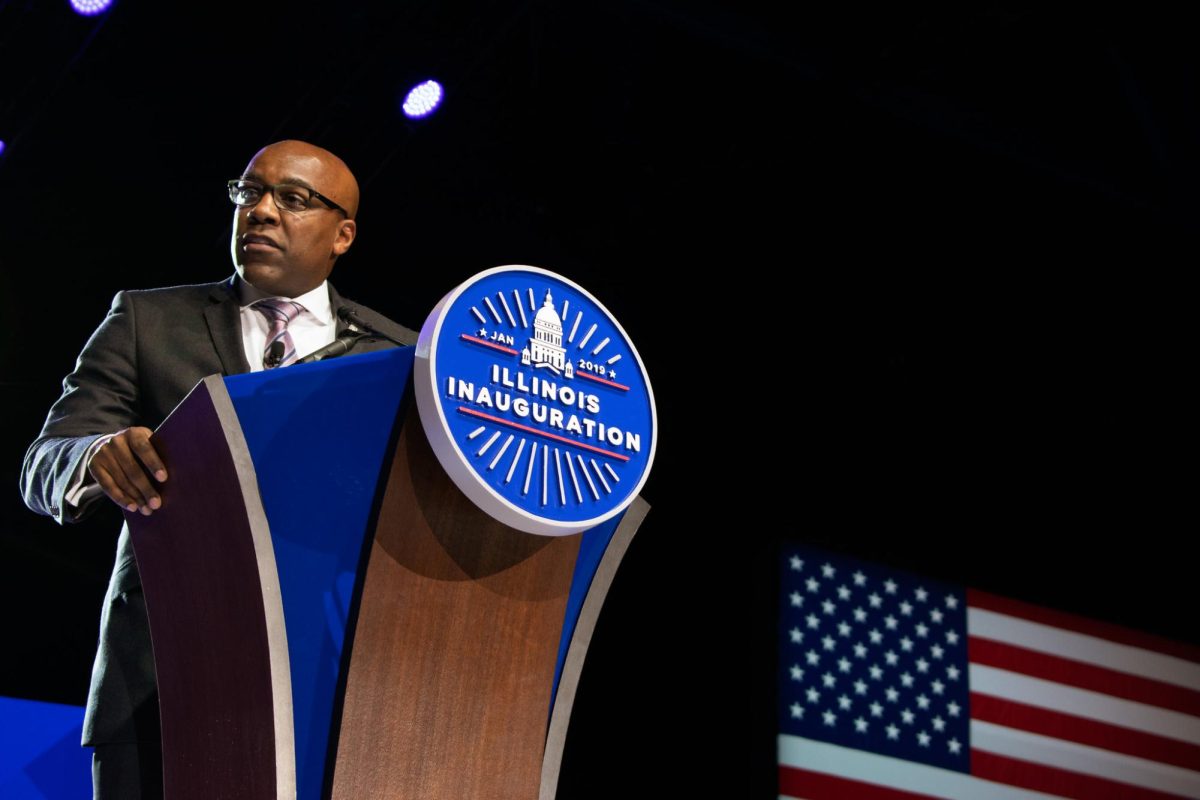The University is addressing concerns from faculty and staff at all three campuses about the state of their future pension benefits.
The Institute of Government and Public Affairs, or IGPA, held a panel discussion on the state’s pension system Monday afternoon at the Alice Campbell Alumni Center.
Experts informed the standing-room only audience, which mainly consisted of current and retired faculty members, on where the future lies for the State University Retirement System.
Illinois’ public pensions are the most underfunded in the United States, according to a recent Moody’s Report. These pensions are largely underfunded when legislatures borrow money from the pension system instead of increasing taxes or cutting spending.
Fred Giertz, economics professor and member of the IGPA, said money spent on other programs years ago would become amplified today.
Get The Daily Illini in your inbox!
“We have a situation where the state has chosen deliberately over a several decade period not to make the full contributions that they know they have to make in the year that they are due,” Giertz said. “Nothing bad happens right away, but you do that year after year after year, the money that would have been invested would have been returned (in greater sums) over a long period of time.”
A deficit of more than $79 billion is the result of this accumulation of underfunded years, according to the IGPA.
Several options to alleviate this problem, including raising taxes and cutting spending, were discussed. However, according to the IGPA, altering the pension system would have to be considered an option in the long-term, even though it might not be the most popular.
Legislation concerning this issue has been introduced, but not adopted. One piece of legislation proposes the same basic structure as is currently employed, but would reduce the amount of benefits overall.
University president Michael Hogan said in a letter addressed to University faculty and staff that politicians have been looking at other methods to fund the system, as he wants to avoid another furlough day.
“(They are) examining other benefit changes that would affect University employees and retirees, including increasing employee, retiree and University contributions to health insurance; eliminating dependent tuition waivers for University employees and taxing benefit payments,” Hogan said.
He added this change would affect staff members more, such as building and food services workers, as most of them do not qualify for Social Security benefits.
Laurie Reynolds, law professor, said lawsuits would ensue if the state decided to cut pension benefits.
“It would not be surprising that many minds would turn to litigation and are wondering about the constitutionality of pension reform,” Reynolds said. “(These) lawsuits would go to the Illinois Supreme Court and the resolution of the lawsuit will depend upon on the meaning that the court gives on the pension clause.”
The pension clause states that benefits shall not be “diminished or impaired” for any member in any pension system of the State. However, Reynolds said there is no way of predicting which way the Illinois Supreme Court would rule.





